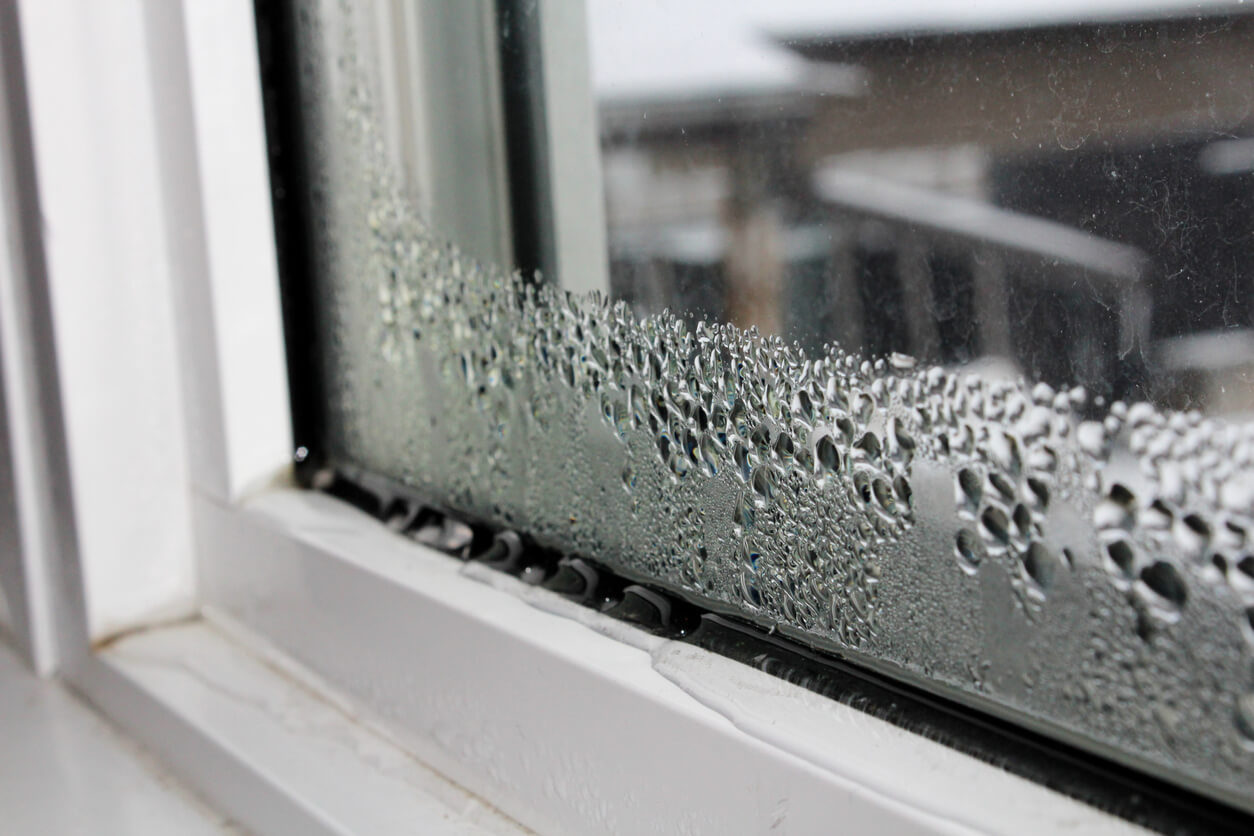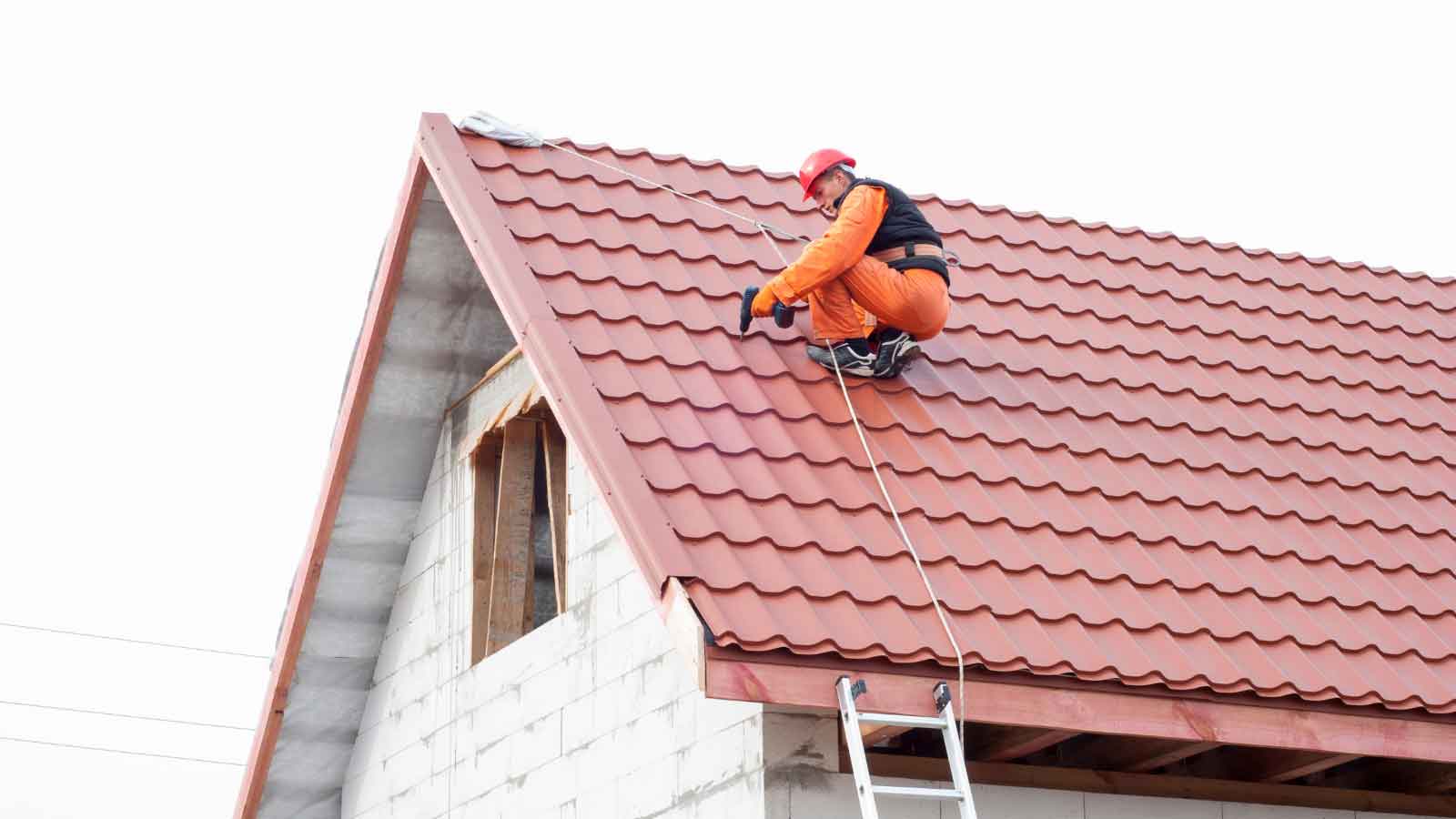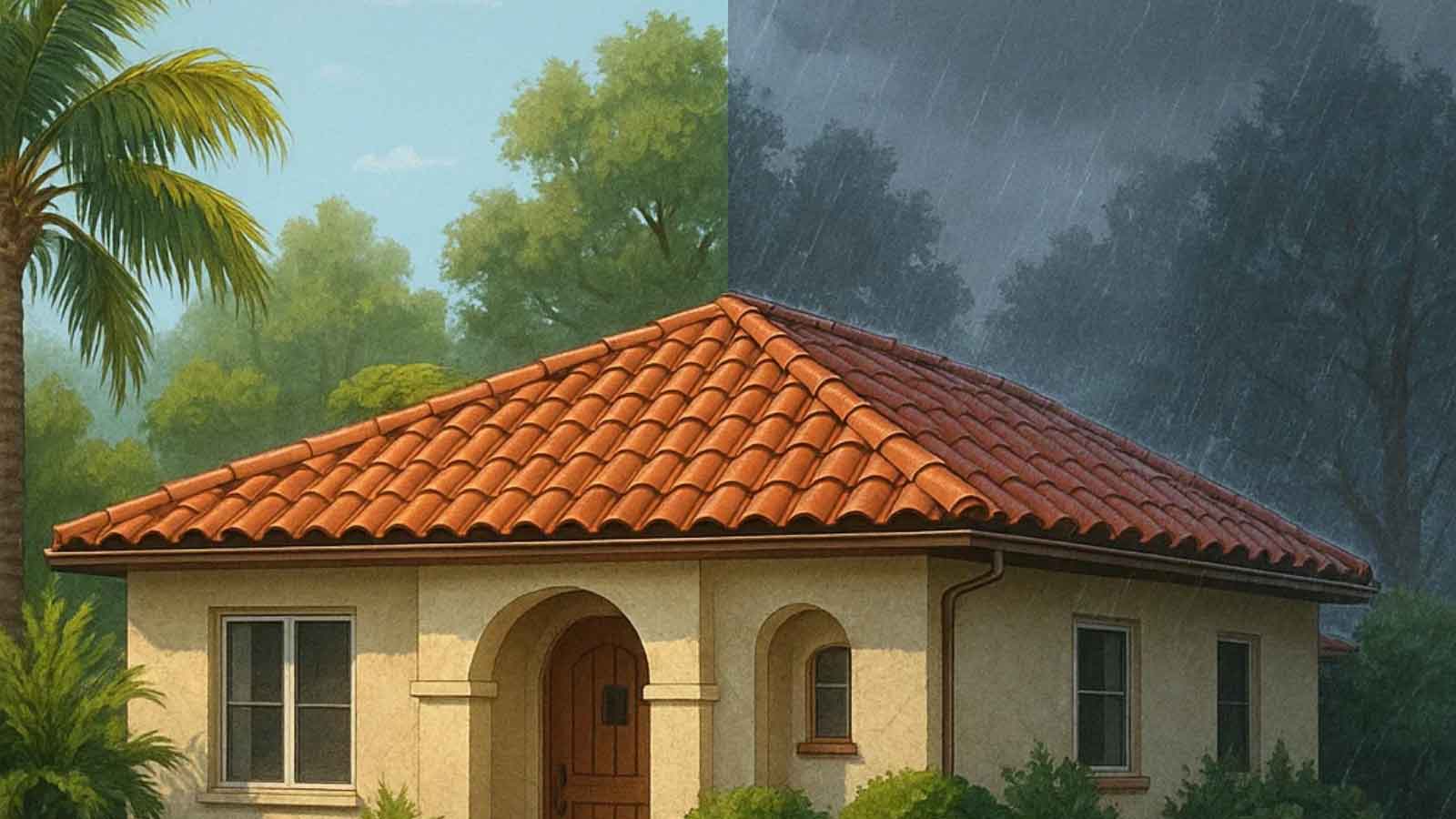Argon gas windows have gained significant popularity in double- and triple-pane glass constructions, thanks to their remarkable energy-saving capabilities. Builders and homeowners appreciate these windows not just for their efficiency, but for a variety of benefits that enhance overall comfort and performance. Our expert window installation services ensure that your investment in argon gas windows will provide the comfort, efficiency, and performance you desire.
But what are argon gas windows, and how do they function? Let’s delve into the science of argon gas and its role in improving window efficiency.
What is Argon Gas?
Argon is an inert gas that naturally exists in the Earth’s atmosphere, accounting for roughly 1% of the air we breathe. Although this may seem minor, argon ranks as the third most prevalent gas on our planet. It is colorless, odorless, and non-flammable, making it completely safe for window use. Its chemical stability ensures that it does not react with other substances, which contributes to its suitability for energy-efficient window designs.
Why Incorporate Argon in Windows?
The primary advantage of using argon gas in windows lies in its exceptional insulating properties. Air-filled spaces between glass panes can be inefficient at maintaining comfortable indoor temperatures. Additionally, moisture in the air can condense on the glass, leading to fogging and diminished visibility. In contrast, argon gas, being denser than air, establishes a superior thermal barrier, effectively insulating your home and reducing condensation.
Benefits of Argon Gas Windows
Argon-filled windows offer a multitude of advantages that extend beyond mere energy savings. Here’s a closer look at their key benefits:
- Enhanced Energy Efficiency: Argon gas significantly improves the insulation of windows, retaining warmth during colder months and blocking heat in the summer. This leads to reduced energy bills and a more comfortable living environment.
- Sound Insulation: The density of argon gas minimizes noise transmission, providing better soundproofing. This feature is especially advantageous for homes located in busy urban areas or near loud thoroughfares.
- Condensation Prevention: Argon gas greatly lowers the likelihood of condensation or frost forming on window surfaces, ensuring unobstructed views and preserving the integrity of the glass.
- Versatility Across Climates: Argon gas windows perform effectively in both hot and cold climates, making them suitable for various geographical locations.
- Safety and Non-Toxicity: Argon is completely non-toxic and safe for household use. It poses no environmental risks, and in the event of a leak, there are no harmful effects.
- Cost-Effectiveness: Argon windows tend to be budget-friendly compared to some other gas-filled alternatives while still delivering high energy efficiency.
- Applicable in Various Settings: Whether upgrading your home or equipping a commercial space, argon gas windows offer a practical and efficient solution.
Potential Limitations of Argon Gas Windows
While argon gas windows provide numerous benefits, there are some considerations to keep in mind:
- Gas Leakage: One common issue with argon-filled windows is the gradual escape of gas over time. Even with intact seals, it is typical for these windows to lose approximately 1% of their gas annually. As argon diminishes, air and moisture can replace it, diminishing insulating effectiveness.
- Seal Durability: The average lifespan of argon gas windows is around 20 years. However, if the seals between the glass panes fail due to temperature fluctuations or other factors, gas leakage can occur more rapidly, compromising performance. While argon itself is stable, the glass surrounding it is subject to wear and environmental stresses.
Are Argon Gas Windows Right for Your Home?
Many homeowners find that the long-term benefits and energy savings of argon gas windows justify the investment. They strike an excellent balance between cost and performance, making them a favored choice for both new constructions and renovations.
It’s worth noting that argon isn’t the only gas utilized in energy-efficient windows; krypton gas is another option that provides superior insulation. However, krypton windows generally come with a higher price tag and are typically reserved for specialized applications. Like argon, krypton is also a safe, non-toxic gas with similar characteristics.
Making an Informed Decision
Choosing between argon and krypton gas windows depends on your specific needs, budget, and long-term objectives. If you’re seeking cost-effective, energy-efficient windows that also provide good soundproofing, argon is likely the best fit. Conversely, if maximizing insulation is your top priority and budget is less of a concern, krypton may be worth considering.
At Truecraft Construction, we recognize that every home has unique requirements, and we’re here to assist you in making the right choice. We collaborate with leading manufacturers like Milgard and Value Windows to deliver top-quality options. Ready to enhance your home with new windows? Contact us for a free consultation and let us assist you with all your home improvement needs.



